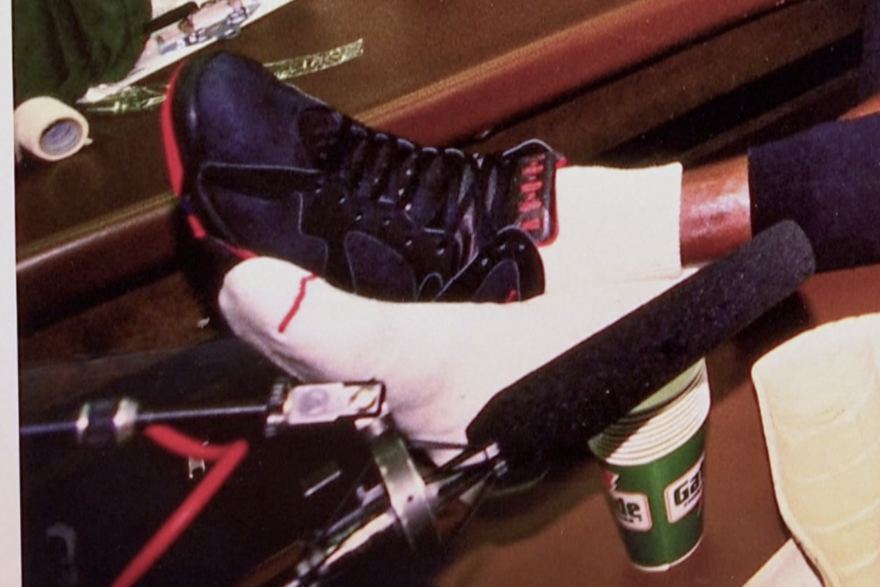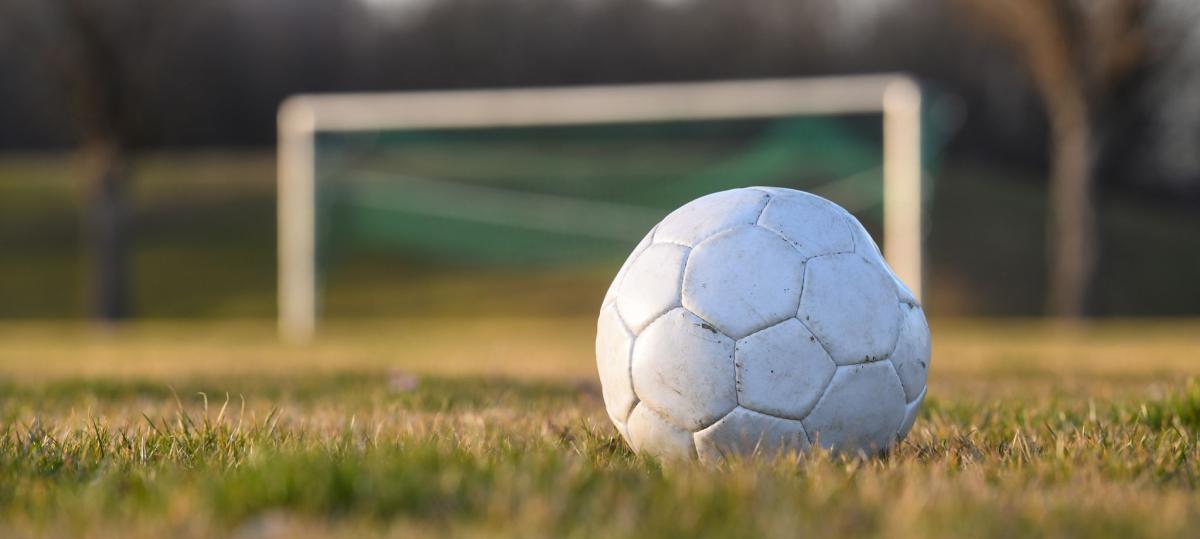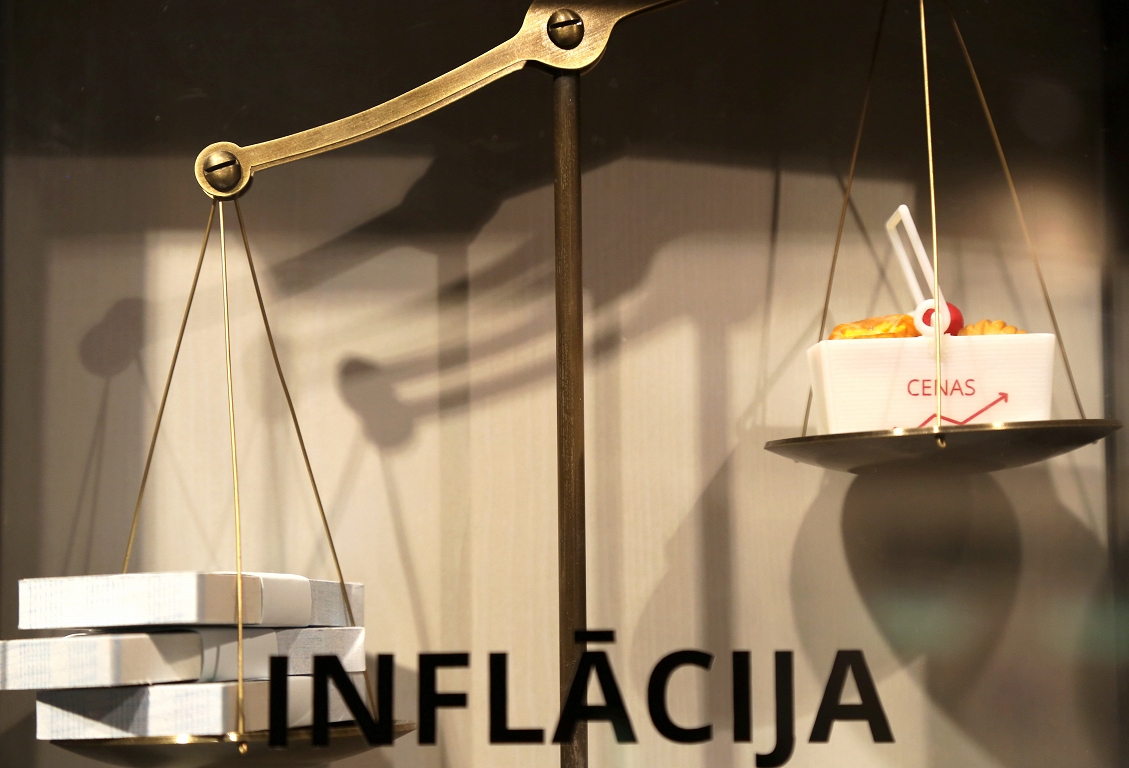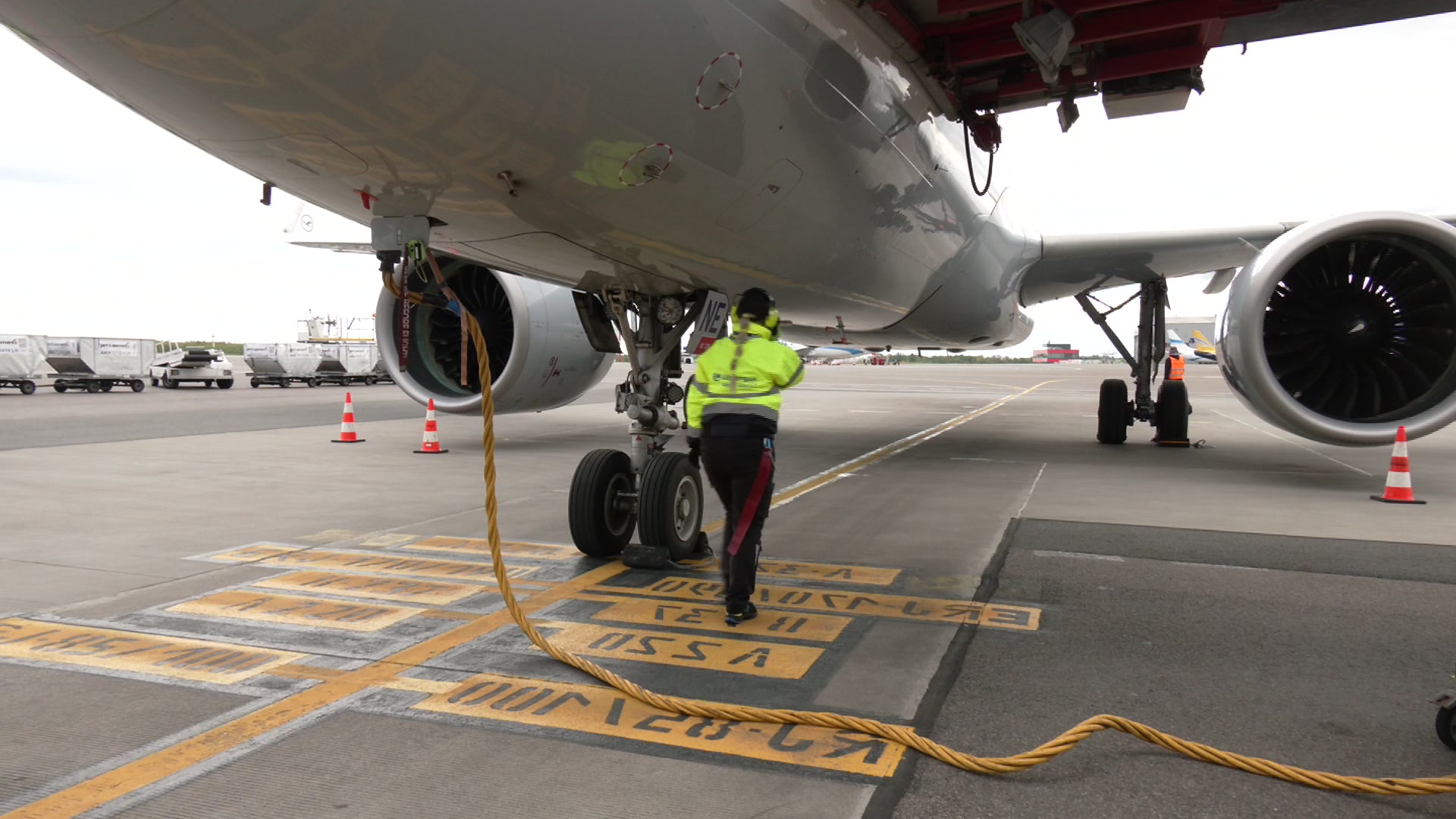The political world to the aid of the county, accused of being « a bad product on the ecological level » – Liberation

This lesson is well worth a cheese, no doubt. A controversy around the environmental impact of the county, the best -selling PDO cheese in France, arouses the ire of dairy cow breeders and ignited the political class on Monday 12 on Monday 12.
The controversy was launched at the end of April by an environmental activist and antispepist, during of a column on France Inter. At the microphone of the station, Stone quotes a study explaining that the county seems to be « Having become a bad product on the ecological level ». After highlighting pollution of watercourses by the droppings of the cattle put to the contribution for the manufacture of this emblematic product of the Jura massif, he called to do without this hard cheese « Rather bad for health »recalling that « Cheese kills and makes animals suffer as much as meat. »
Comté producers were quick to react. « These attacks are hurtful and unjust given the level of requirement that is imposed in the region »deplored to AFP Alain Mathieu, chairman of the county interprofessional management committee. Referring to the strict specifications which supervises production, he then argued that « The environment and the preservation of our resources » were part of the priorities of the sector, which represents 14,000 direct and indirect jobs.
The statements of Pierre Rigaux aroused such a barrier that the prefect of the Department of Jura Pierre-Edouard Colliex reacted this Saturday on his X account, taking up the keyword #TouchePasaucomté: “County is Jura, taste, calcium, proteins … and zero guilt. (…) Prohibit it? You might as well ban sunsets on the Jura. Let’s stay serious! «
Several deputies of the national rally have also spoken to « protect » the emblematic Jura cheese, in particular the premises Julien Odoulmoreover regional in Burgundy-Franche-Comté. Right, Laurent Wauquiez, candidate for the presidency of the Les Républicains partysaw in the denunciation of the county the « Project (…) of a France without identity and without flavor ».
Faced with an uproar, The National Secretary of Ecologists Marine Tondelierrelayed this party on Monday on X on Monday to « Restore some truths about the county »: « Ecologists have never asked to stop eating it, and even less to prohibit it »she argued. The Ecologists of Franche-Comté also recalled their support for the sector, « Built on cooperative values and an exemplary organization »while adding that he was not « Not possible to deny the environmental impact of breeding and cheese factories, even under PDO ».
The Besançon regional environmental prosecutor’s office had opened surveys after troubled waters, white foam, sewer smells and dead fish had been reported between 2019 and 2020 near dairies with significant wastewater treatment. Two first cheese factories were sentenced in 2022 to heavy fines.
Become undersized, the purification stations of the incriminated dairies poured out « Water not treated in nature, with a catastrophic effect for the environment »on a very permeable soil, had analyzed at the time the public prosecutor of Besançon Etienne Manteaux.
« Taking individual negligence to discredit the entire sector cannot be admitted »defends Alain Mathieu. In a large « Cheese factory » Launched in 2022, the prefectural authority had put in notice 14 of the 96 Doubs cheese factories to conform their treatment of treatment or to repair the defective pipes.
Almost all were in compliance in 2024, according to DDETSPP, State service responsible for economic changes. But for the environmental association SOS Loue and Comtoises rivers, the issue is mainly that of the quantity of milk produced: « In 30 years, the county has more than doubled its production from 30,000 tonnes in 1991 to 72,000 in 2024 »indicates the environmental association, for whom the specifications « Don’t go far enough ».
« The number of cows has certainly not increased, but they produce more milk than before, that is to say that they feed more and produce more excrement … which contributes to the increase in nitrates in our rivers », summarizes the association.








